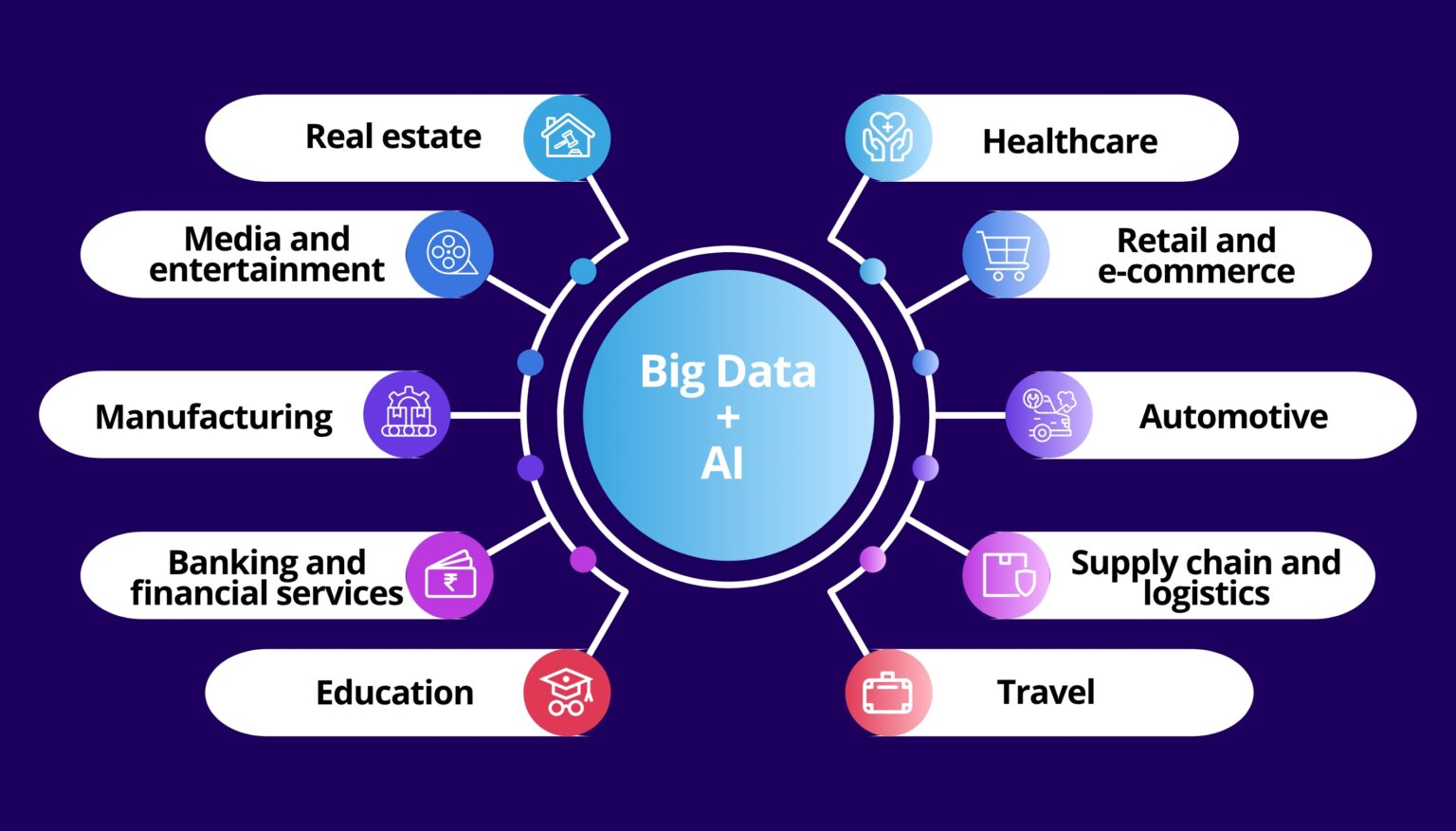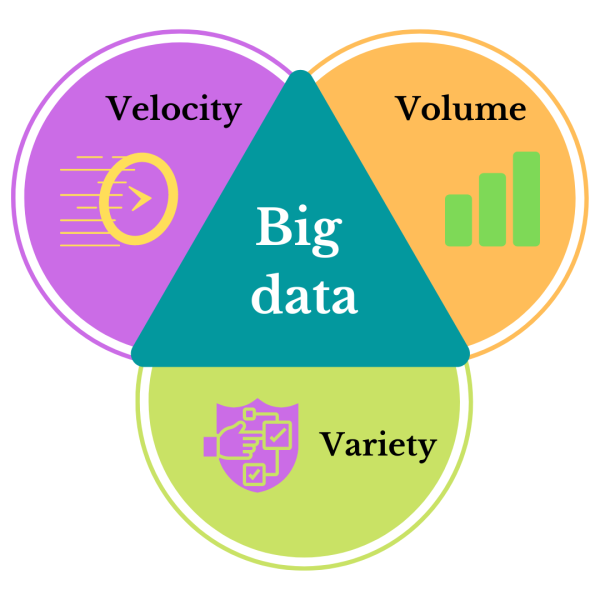
Big Data and Artificial Intelligence: How They Work Together?
Welcome to the era of the digital age, where every click, scroll, and internet search query adds to an incredible mass of data known as big data. This large pool of information is much more than a set of numbers; it is a vast mining operation of yet-to-be-explored patterns, trends, and insights with a potential, or real, transformative impact to be felt across any and every industry.
Table Of Content
The Dynamic Duo: Big Data and AI
How Do Big Data And AI Complement Each Other?
Unlocking Hidden Potential
Real-World Applications of Big Data and A
Challenges and Considerations
Strategies for Successful Implementation
Ready to Unlock the Power of Big Data and AI for Your Business?
Conclusion
Frequently Asked Questions
The Dynamic Duo: Big Data and AI
How Do Big Data And AI Complement Each Other?
Unlocking Hidden Potential
Combining big data and AI leads to groundbreaking advancements across industries. By leveraging the strengths of both, organizations can:
- Analyze Complex Datasets: AI can uncover significant trends and connections in large datasets that manual analysis would miss.
- Make Data-Driven Decisions: With access to accurate insights, decision-making becomes more informed, enhancing efficiency and precision.
- Automate Processes: AI can streamline complex tasks, enabling human resources to focus on strategic initiatives rather than mundane activities.
This collaboration empowers businesses to transition from a reactive to a proactive approach. For example, by analyzing historical data, organizations can predict future trends and act before challenges arise.
Real-World Applications of Big Data and A
Challenges and Considerations
While there is tremendous opportunity in the combination of big data and AI, organizations will need to face challenges.
- Data Quality: High-quality data is key. Inaccurate and missing data can lead to wrong conclusions.
- Integration: Integrating AI systems and developing AI from existing data infrastructure can be complicated and resource-consuming.
- Ethical Considerations: The use of AI raises ethical questions — particularly around privacy and bias. Organizations need to ensure their AI models have fairness and transparency.
Strategies for Successful Implementation
To successfully integrate AI for Big Data, organizations can adopt several strategies:
- Invest in Data Governance: Establishing robust data governance practices ensures data quality and compliance with regulations.
- Cultivate a Data-Driven Culture: Encouraging a culture that prioritizes data-driven decision-making can enhance the effectiveness of AI initiatives.
- Utilize Scalable Solutions: Opt for scalable AI solutions that can grow with the organization’s data needs.
- Continuous Learning: Regularly updating and retraining AI models with new data is essential to maintaining their accuracy and relevance.
Ready to Unlock the Power of Big Data and AI for Your Business?
Conclusion
The combination of big data and artificial intelligence is changing industries and redefining the way organizations operate. By capitalizing on the combined strengths of both, businesses can create valuable insights that foster innovation, drive efficiencies, and improve decision-making.
As we each continue to unpack the digital landscape, adopting this powerful combination will be especially important for organizations looking to stay ahead of the competition. In an era built only on data, organizations that can utilize it effectively through Artificial Intelligence will always be on the path to success.
Both big data and Artificial Intelligence have disruptive potential across key industries, including healthcare, finance, retail, and manufacturing. So, are you ready to build an expansive future in big data and artificial intelligence? Let’s just begin.

In India, the salary of an AI engineer varies based on experience, location, and organization. Typically, entry-level AI engineers in India earn around INR 6 to 10 lakh throughout the year. As AI engineers become more experienced and develop their skills, their salaries can become significantly higher, leading to salaries in the range of several lakh or more, depending on factors such as the individual’s capabilities and benefits and the policies of the organization.




